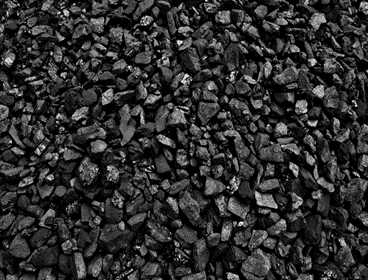- Courses
- GS Full Course 1 Year
- GS Full Course 2 Year
- GS Full Course 3 Year
- GS Full Course Till Selection
- Answer Alpha: Mains 2025 Mentorship
- MEP (Mains Enrichment Programme) Data, Facts
- Essay Target – 150+ Marks
- Online Program
- GS Recorded Course
- Polity
- Geography
- Economy
- Ancient, Medieval and Art & Culture AMAC
- Modern India, Post Independence & World History
- Environment
- Governance
- Science & Technology
- International Relations and Internal Security
- Disaster Management
- Ethics
- NCERT Current Affairs
- Indian Society and Social Issue
- NCERT- Science and Technology
- NCERT - Geography
- NCERT - Ancient History
- NCERT- World History
- NCERT Modern History
- CSAT
- 5 LAYERED ARJUNA Mentorship
- Public Administration Optional
- ABOUT US
- OUR TOPPERS
- TEST SERIES
- FREE STUDY MATERIAL
- VIDEOS
- CONTACT US
PETROLEUM COKE OR PET COKE
PETROLEUM COKE OR PET COKE
18-11-2023

Context: In October 2023, the Supreme Court has asked the Commission for Air Quality Management (CAQM) to examine matters concerning the distribution of extremely pollutant petroleum coke (pet coke).
About Petroleum Coke:
- Pet coke is a carbon-rich solid material derived from the final cracking process of crude oil refining, emerging as a spongy residue akin to coal, suitable for use as a fuel replacement.
- Recognized for its higher calorific value compared to coal, petcoke is utilized as a replacement fuel in various industries due to its energy efficiency.
- This hydrophobic substance is less volatile and produces low ash residue, making it an appealing alternative fuel source.
- Widely used in cement manufacturing, lime kilns, industrial boilers, and in the production of aluminum anodes, petcoke serves as a versatile resource across multiple industrial applications.
- Despite its utility, the combustion of petcoke releases hazardous gases such as carbon dioxide, nitrous oxide, mercury, arsenic, chromium, nickel, and hydrogen chloride.
- Its prevalence in diverse industries underscores its importance as a versatile resource despite environmental concerns related to its combustion byproducts.
- Tax Advantage: Indian environmental taxes heavily favor petcoke over coal, making it a more cost-effective option despite its sulfur content and environmental concerns.
Measures Taken and Proposed:
- Regulatory Response: The Supreme Court banned petcoke use in New Delhi and nearby regions, except for cement companies, which were granted an exemption due to sulfur removal during production.
- Government Plans: There are discussions about implementing a nationwide ban on petcoke usage as fuel and halting imports, which currently constitute 40% of the supply.
- Way Forward: Suggestions include aligning environmental taxes on petcoke with those on coal to discourage its use.



